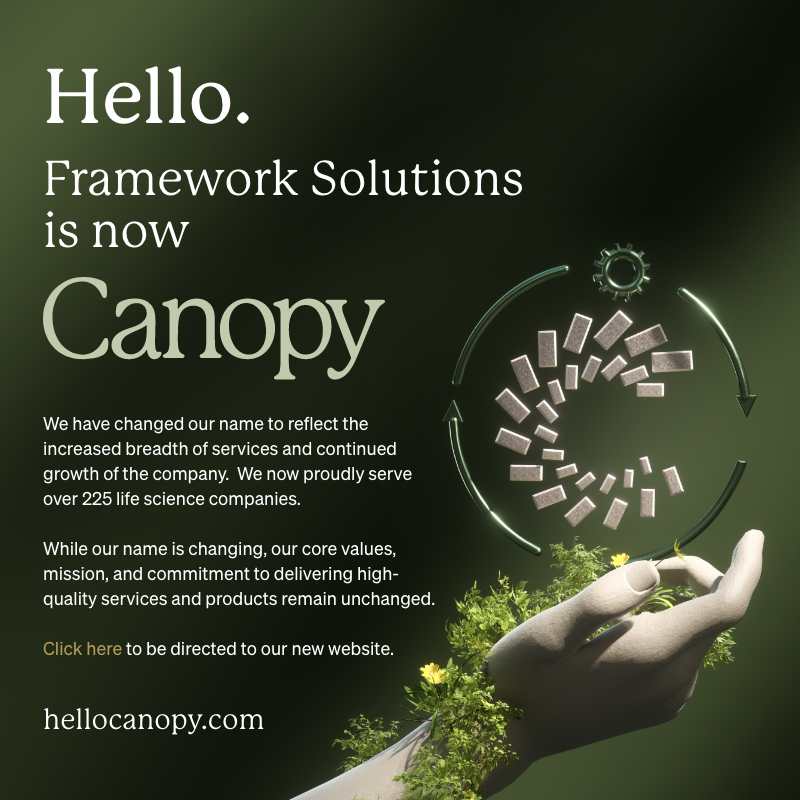3 Considerations for an Effective MLR Calendar
To many marketing teams, review time is a precious commodity. If your pieces are allocated to the end of an agenda, there is the constant fear that your piece will not get the discussion it deserves, or worse, it will get pushed out to the next week’s review meeting wasting valuable time. Incorporating content calendars and prioritization meetings into your MLR process can alleviate many of these issues.
Content calendars provide an essential tool to managing workload capacity for your MLR coordinator. A few items to consider when implementing a content calendar into your MLR process include:
- Asset volume – How many pages of content can your MLR team review during a review meeting? A good rule of thumb is to aim for 1 minute per page, so if you have a 3-hour review meeting, cap your page volume at 180 pages per meeting.
- Production timelines – Many assets, such as conference material and journal ads, have strict go-live or publishing deadlines. It is important to capture this context in the calendar so the MLR coordinator can effectively prioritize pieces that may be approaching a hard deadline.
- Company Events, Holidays, and Team Out of Offices – Any team absences that will impact review timelines should be noted on the calendar in advance. These include Mid-Year and National brand meetings, Industry events, Holiday closures, and team member out of offices. Consolidating all these updates into a central calendar allows for effective communication and alignment on submission timelines.
A brief 30-minute weekly or bi-weekly prioritization meeting can be an integral element to maintaining an effective content calendar. These meetings should typically be attended by the full marketing team, their agency partners, as well as the MLR coordinator. This time provides an opportunity for the marketers to discuss review timelines, publication deadlines, and inform the MLR coordinator of which pieces can be bumped if time gets tight in meetings. Prioritization meetings can also provide a safe space for agency partners and marketers to ask the MLR coordinator questions about submission expectations for unique tactics without the added scrutiny of the full MLR team listening in.
Questions?
Transformation through Collaboration



